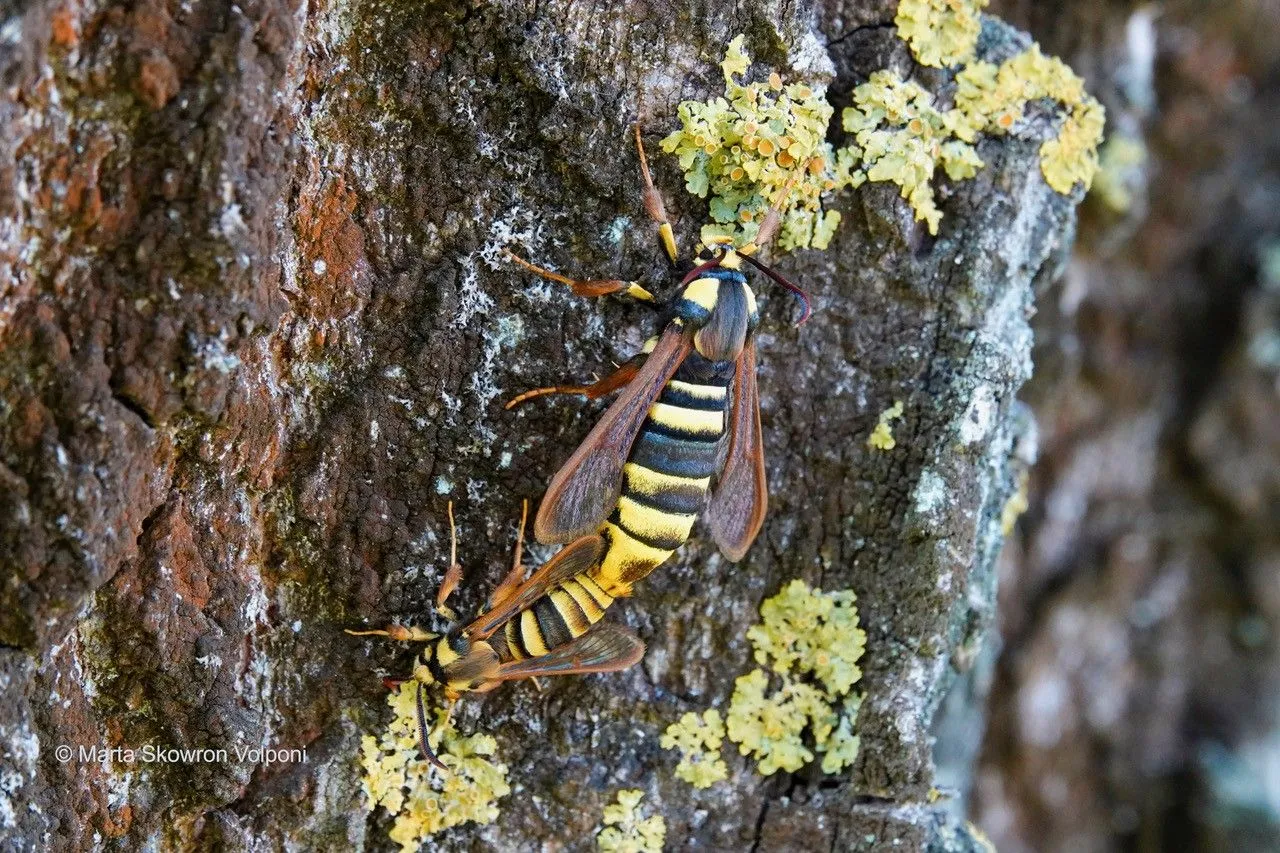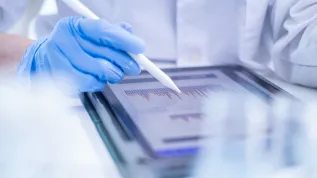-
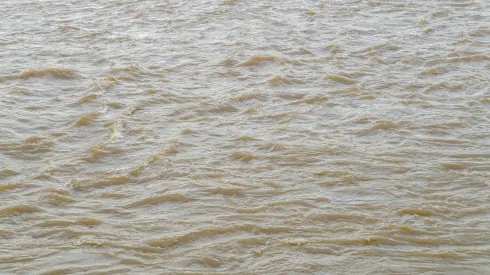
Polish scientists develop biodegradable bacterial sponge to clean wastewater
Researchers from the University of Silesia in Katowice have patented a novel biological preparation that improves the removal of pharmaceuticals and phenolic compounds from wastewater.
-

Warsaw Uni researchers help launch multilingual mental health platform for migrants and refugees
Migrants and refugees face serious mental health challenges, often compounded by language barriers and lack of information on how to access care.
-
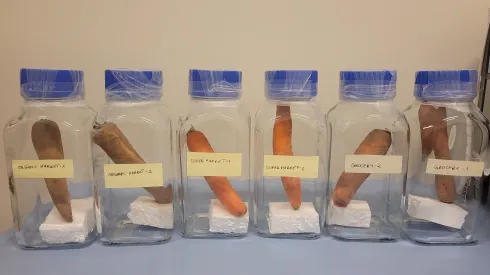
Warsaw researcher develops device to detect plant diseases early by analyzing their smell
Scientists at the Warsaw University of Technology are developing a device that can detect plant diseases early by analyzing the unique “fragrance bouquet” of volatile organic compounds (VOCs) emitted by plants.
-
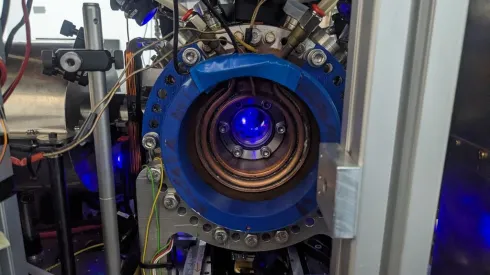
Poland and Germany create fibre-optic 'time bridge’ with atomic clock connection
Poland and Germany have completed the first international fibre-optic link for comparing ultra-precise time measurements between laboratories, marking a significant step toward building a pan-European timekeeping network.
-
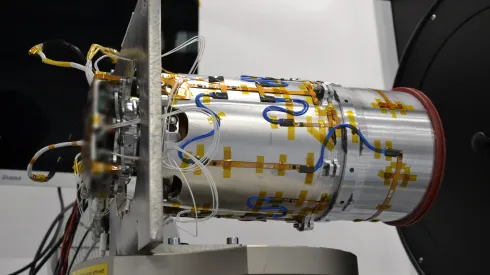
European Space Agency chooses Poland’s Scanway to process lunar surface images
Polish space technology company Scanway has been selected by the European Space Agency (ESA) to process lunar surface imagery as part of a 2026 joint mission with U.S.-based Intuitive Machines.
-

Adam Mickiewicz University tests AI-powered virtual reality conference format
A new model of academic conferencing powered by artificial intelligence and virtual reality has been piloted at the OCETA Connect: AI/XR in Higher Education event, held by the Adam Mickiewicz University.
-
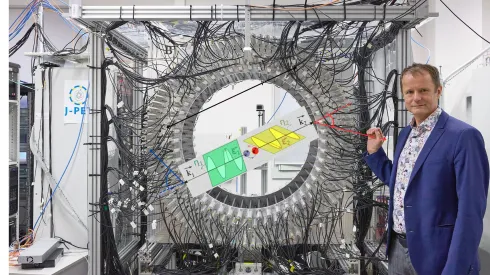
Polish physicist awarded ERC Grant to develop non-invasive ‘Quantum Biopsy’ for cancer detection
Professor Paweł Moskal from the Jagiellonian University has been awarded a prestigious European Research Council (ERC) Advanced Grant for a groundbreaking project that aims to transform cancer diagnostics. His team is exploring whether quantum measurements from a PET scan could non-invasively determine tissue oxygenation levels—a key indicator of tumour malignancy—offering a potential alternative to traditional biopsies.
-

Polish scientists develop AI-based system for smarter data storage management
Researchers from the Systems Research Institute of the Polish Academy of Sciences, in collaboration with Infoklinika SA, have developed an artificial intelligence-based system for managing memory farms—large-scale data storage infrastructures—tailored to user-defined priorities, such as speed or energy efficiency.
-
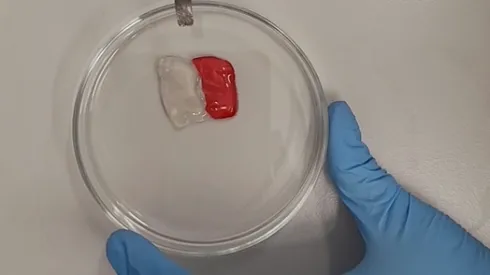
Scientists from Łukasiewicz develop natural polymer hydrogels capable of self-repair
Scientists from the Łukasiewicz – Industrial Chemistry Institute in Warsaw have developed a new class of hydrogels made from natural polymers, including starch, that can self-repair structural damage within hours.


